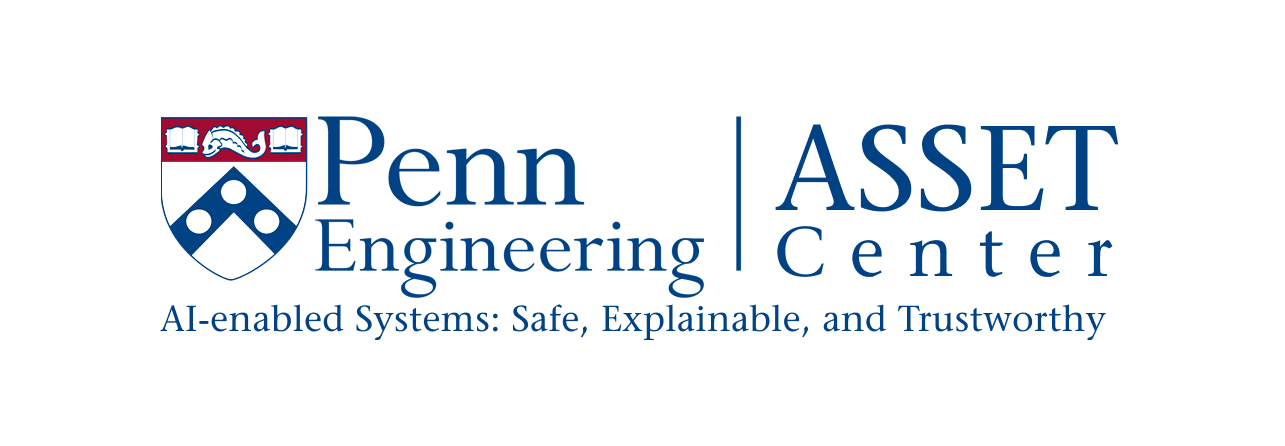
- This event has passed.
Aaron Roth (University of Pennsylvania): “What Should We “Trust” in Trustworthy Machine Learning?”
April 10, 2024 @ 12:00 PM - 1:30 PM
Presentation Abstract:
“Trustworthy Machine Learning” has become a buzz-word in recent years. But what exactly are the semantics of the promise that we are supposed to trust? In this talk we will make a proposal, through the lens of downstream decision makers using machine learning predictions of payoff relevant states: Predictions are “Trustworthy” if it is in the interests of the downstream decision makers to act as if the predictions are correct, as opposed to gaming the system in some way. We will find that this is a fruitful idea. For many kinds of downstream tasks, predictions of the payoff relevant state that are statistically unbiased, subject to a modest number of conditioning events, suffice to give downstream decision makers strong guarantees when acting optimally as if the predictions were correct — and it is possible to efficiently produce predictions (even in adversarial environments!) that satisfy these bias properties. This methodology also gives an algorithm design principle that turns out to give new, efficient algorithms for a variety of adversarial learning problems, including obtaining subsequence regret in online combinatorial optimization problems and extensive form games, and for obtaining sequential prediction sets for multiclass classification problems that have strong, conditional coverage guarantees — directly from a black box prediction technology, avoiding the need to choose a “score function” as in conformal prediction.
This is joint work with Georgy Noarov, Ramya Ramalingam, and Stephan Xie
Speaker Bio:
Aaron is the Henry Salvatori Professor of Computer and Cognitive Science at the University of Pennsylvania computer science department. He also holds a secondary appointment at the Department of Statistics and Data Science at the Wharton School, and is associated with the theory group, PRiML (Penn Research in Machine Learning) the Warren Center for Network and Data Sciences, and is co-director of the program in Networked and Social Systems Engineering. He is also affiliated with the AMCS program (Applied Mathematics and Computational Science). Aaron spent a year as a postdoc at Microsoft Research New England. Before that, he received his PhD from Carnegie Mellon University, where he was fortunate to have been advised by Avrim Blum. Aaron’s main interests are in algorithms and machine learning, and specifically in the areas of private data analysis, fairness in machine learning, game theory and mechanism design, and learning theory. He is the recipient of the Hans Sigrist Prize, a Presidential Early Career Award for Scientists and Engineers (PECASE), an Alfred P. Sloan Research Fellowship, an NSF CAREER award, a Google Faculty Research Award, an Amazon Research Award, and a Yahoo Academic Career Enhancement award. Aaron is also an Amazon Scholar at Amazon Web Services (AWS). Previously, he was involved in advisory and consulting work related to differential privacy, algorithmic fairness, and machine learning, including with Apple and Facebook. Aaron was also a scientific advisor for Leapyear and Spectrum Labs.

